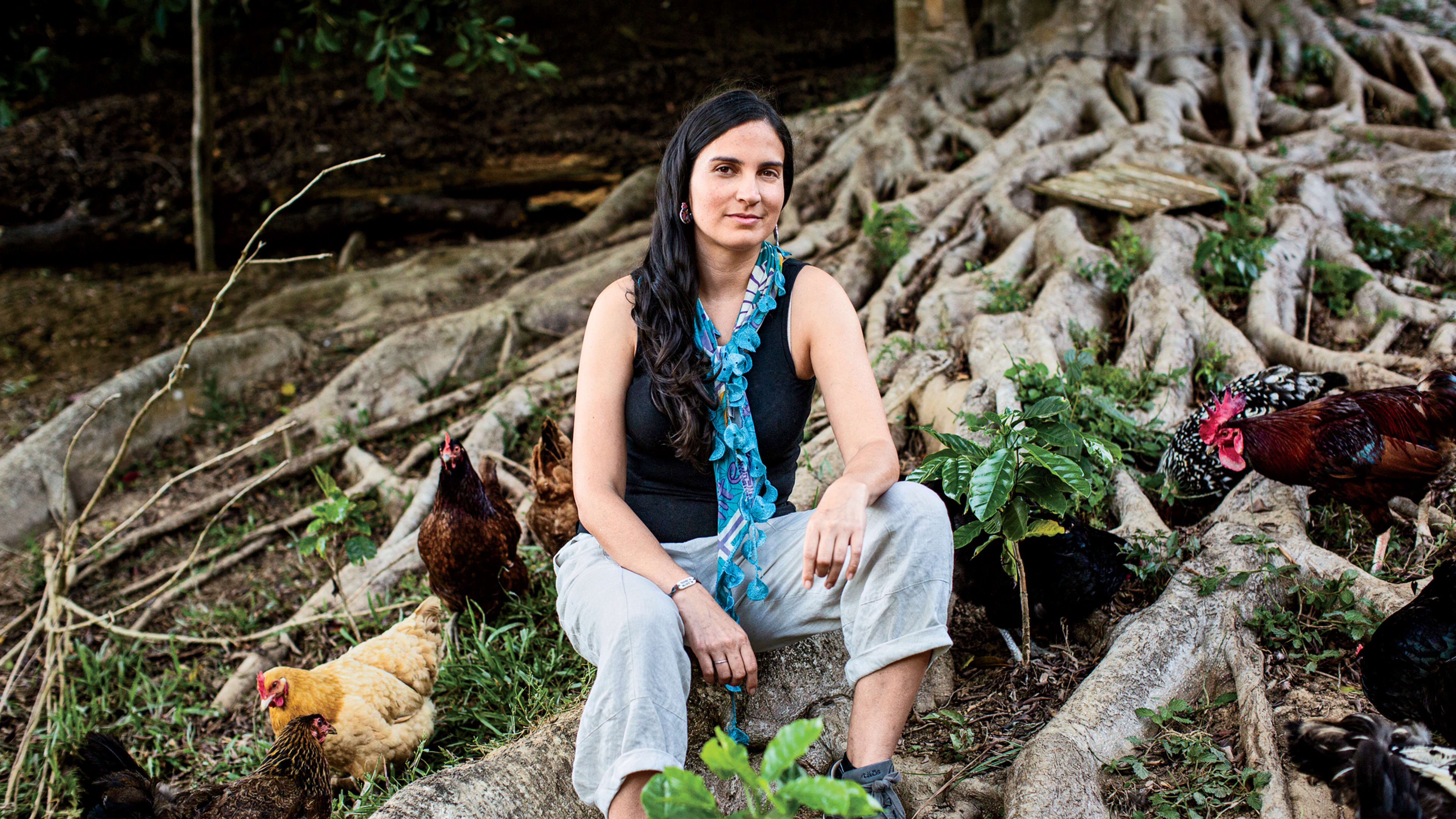This story is part of Fast Company’s Most Creative People in Business 2022. Explore the full list of innovators who broke through this year—and had an impact on the world around us.
Crystal Díaz’s grocery-delivery app PRoduce is pushing to revive Puerto Rico’s agricultural sector and reclaim its foodways. Although the island has a tropical climate where crops can grow year-round, natural disasters and economic crises have all taken their toll, and now Puerto Rico imports 85% of its food. (Plus, a 1920 law requiring all imports to come via American-owned and -crewed vessels contributes to higher prices.) Díaz co-founded PRoduce in 2018 to give consumers and professional chefs alike access to thousands of locally sourced vegetables, fruits, meats, and other goods typically not sold in grocery stores on the island, which in 2014 boasted the most Walmart-owned superstores per square mile in the world. Their app now has nearly 70,000 users, and even delivers. Díaz, who worked in media before getting a master’s in foodtech, also runs El Pretexto, the island’s first “culinary farm lodge.”
The PRoduce app does more than just facilitate the exchange of groceries for money. After Tropical Storm Isaias hit, in 2020, it saved 10,000 plantains before they went to waste. Can you talk about the app’s evolution?
Almost 35% of the food produced worldwide gets wasted. So our problem isn’t food production—it is food distribution. PRoduce was born with this romantic idea of connecting small producers with consumers, but we realized we had also created a logistics business.[The plantains] served as a case study for how we can replicate this with other products, and it doesn’t have to be an emergency. In November, this farmer called and was like, “We’re going to have 3,000 heads of cauliflower per week starting next month.” We created a cauliflower challenge on social media, and I called my chef friends and said, “Can you add a cauliflower dish to your menu? Also, can you share a cauliflower recipe so people can do something at home?” The cauliflower sold out every week.
Recognize your brand’s excellence by applying to this year’s Brands That Matter Awards before the early-rate deadline, May 3.
